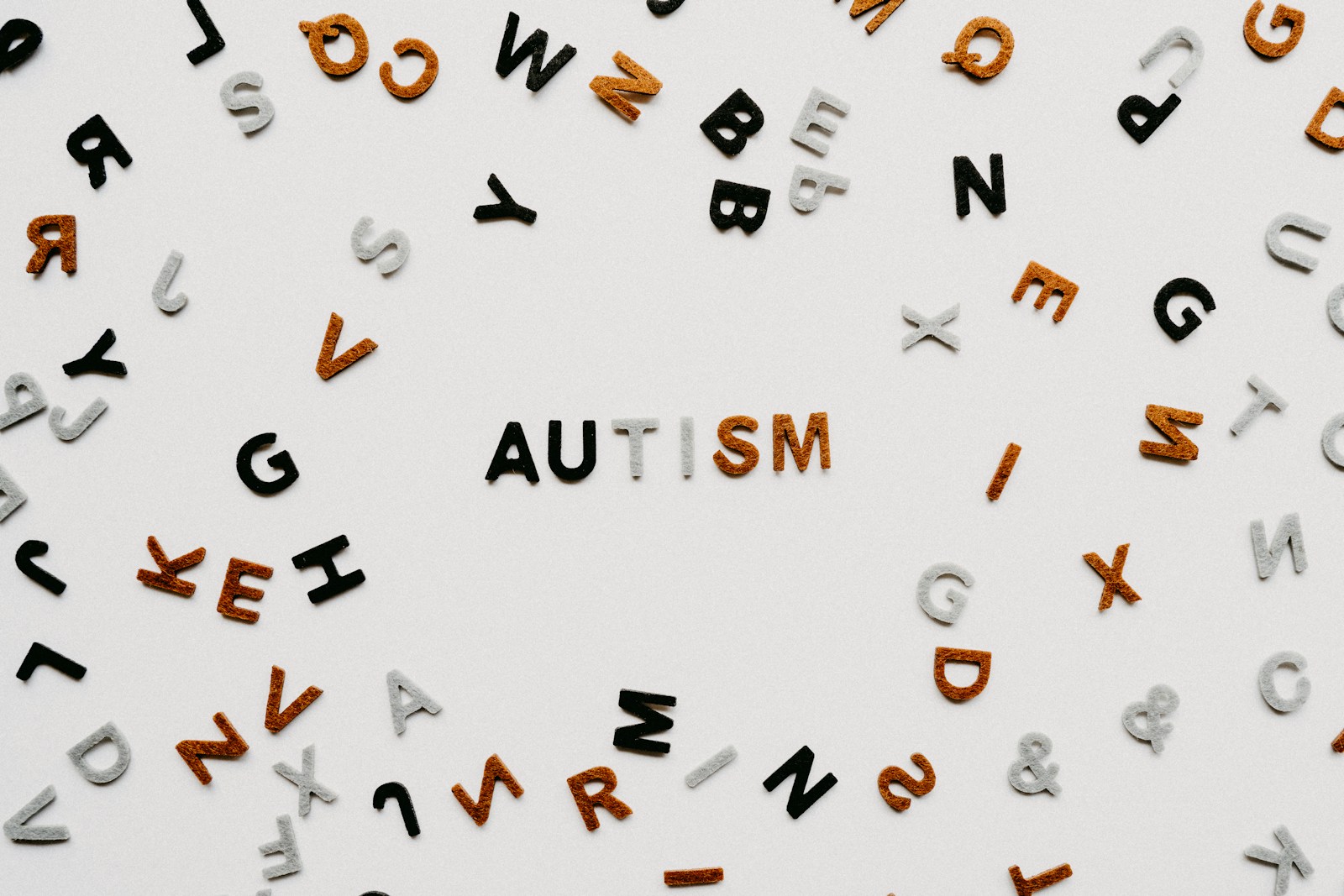Autism is a complex neurodevelopmental disorder, and every person living with autism is unique. However, there are some triggers that can make autism worse in some individuals and can cause regression in skills and behavior. As a parent of a child with autism, it’s vital to be aware of these triggers and avoid them as much as possible to ensure that your child is thriving. In this blog post, we’ll discuss some triggers that can make autism worse, and how to manage them.

Sensory Overload
People with autism often have hypersensitivity to light, sound, touch, and taste. and can make autism worse. Sensory overload occurs when there is too much stimuli, and the senses get overloaded. This can lead to meltdowns, anxiety, and other behavior problems. To prevent sensory overload, you can create a sensory-friendly environment, and use earplugs, sunglasses, and headphones to regulate the amount of sensory input.
Nutritional Deficiencies
Many children with autism have nutritional deficiencies, such as vitamin D, zinc, and magnesium. These deficiencies can cause irritability, anxiety, and sleep problems. To ensure that your child gets the right nutrients, consult a specialized dietician or nutritionist, and consider supplementing their diet with appropriate nutrients.
Impaired Gut Health
Research shows that there is a strong gut-brain connection, and many people with autism have impaired gut health. This can cause gastrointestinal problems, food sensitivities, and inflammation, which can worsen autism symptoms. To improve gut health, you can focus on a low-sugar, low-inflammatory diet, and consider probiotics, prebiotics, and other gut-healing supplements. Eating a variety of fresh foods, avoiding processed and refined ingredients, getting regular physical activity, reducing stress levels, and ensuring adequate sleep can all help to improve gut health.
Additionally, it may be beneficial to seek the advice of a healthcare provider for further guidance and support in managing your symptoms. With lifestyle modifications and targeted supplements, you may be able to better manage your autism related gut issues.
Lack of Sleep Can Make Autism Worse
Sleep problems are common in people with autism, and they can exacerbate anxiety, irritability, and mood swings. To ensure that your child gets enough sleep, establish a consistent bedtime routine, and create a calming sleep environment. You can also consider natural sleep aids, such as melatonin, or consult a sleep specialist if necessary.
By promoting healthy sleep habits and managing any underlying medical concerns, you can help your child feel more relaxed and better able to cope with the challenges of life after aBA classroom. With proper support and care, your child can learn to manage their symptoms and lead a happy life outside of the therapy setting.
Exposure to Toxins
Environmental toxins, such as pollutants, heavy metals, and pesticides, can worsen autism symptoms by causing inflammation, oxidative stress, and neurological damage. To reduce toxin exposure, you can use natural and organic products, avoid processed and packaged foods, and prioritize fresh, whole foods. You can also consider getting a non-toxic home evaluation to identify potential toxin sources. Regular detoxification and supportive nutrition are also key components of an autism health plan. Together, these strategies can help minimize the negative effects of environmental toxins and improve overall wellbeing.
By taking proactive steps to reduce your exposure to environmental toxins, you can help lessen the symptoms of autism and optimize your quality of life. Life After a BA Classroom is here to support your journey with helpful resources, reliable information, and compassionate guidance.
Conclusion:
Knowing what can make autism worse is critical for parents of children with autism. By understanding the triggers and managing them, you can help your child thrive, develop new skills, and live their best life. Sensory overload, nutritional deficiencies, impaired gut health, lack of sleep, and exposure to environmental toxins are common triggers, but they can be prevented and managed with appropriate interventions. Remember, each child with autism is unique, and there is no one-size-fits-all approach. Consult with your child’s healthcare providers, experts in autism, and other parents to find out what works best for your child.
Discover more from Life After An ABA Classroom
Subscribe to get the latest posts sent to your email.



